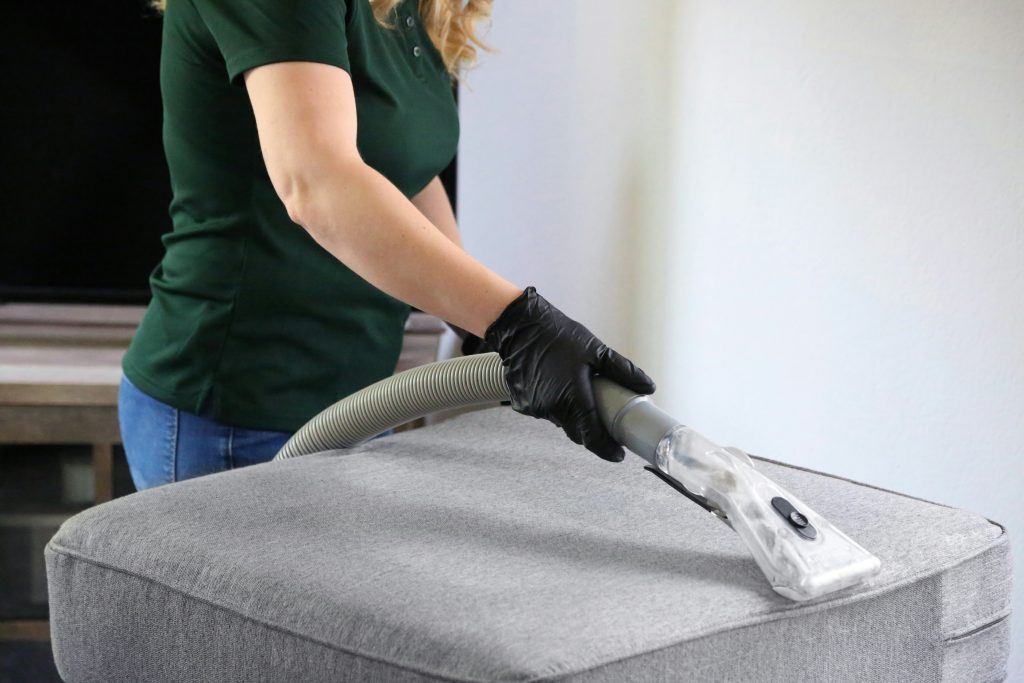The Importance of Regular Cleaning for Your Family's Health

Introduction
Did you know that a clean home can be the key to a healthier life? The connection between home cleanliness and family health is profound and often overlooked. Regular cleaning not only enhances the aesthetic appeal of your living space but also plays a crucial role in promoting the well-being of your family. In this blog, we will explore the importance of regular cleaning and its myriad benefits.
1. Cleaning as a Prevention of Health Problems
1.1 How Regular Cleaning Helps Prevent Allergies and Asthma
Dust, mold, and dust mites can significantly affect respiratory health, especially in children and vulnerable individuals. Regular cleaning helps eliminate these allergens, reducing the risk of asthma attacks and allergic reactions. Common symptoms include coughing, wheezing, and difficulty breathing, which can be particularly distressing for young children.
1.2 The Relationship Between a Clean Home and Reduced Respiratory Diseases
Research shows that regular cleaning can decrease the spread of viruses and bacteria. For instance, disinfecting high-touch surfaces like doorknobs and light switches can significantly lower the risk of infections. A clean environment not only protects against common colds and flu but also contributes to overall respiratory health.
2. Psychological Benefits of a Clean Home
2.1 How a Clean Environment Can Improve Your Mental Well-Being
There is a strong connection between clutter and stress. A clean and organized home fosters tranquility and enhances concentration. Studies indicate that individuals living in tidy spaces experience lower levels of anxiety and improved mood, making it easier to focus on daily tasks.
2.2 Cleaning as a Catalyst for Healthy Habits in the Family
A clean environment can motivate families to adopt healthier habits, such as cooking nutritious meals and engaging in physical activities. For example, a well-organized kitchen encourages home-cooked meals, while a tidy living space invites family exercise and playtime.
3. Strategies for Effective Cleaning
3.1 The Importance of a Regular Cleaning Schedule
Creating a cleaning calendar tailored to your family's needs can streamline the process. Consider breaking down tasks into daily, weekly, and monthly chores. For instance, daily tasks might include tidying up common areas, while weekly tasks could involve vacuuming and mopping floors.
3.2 Making Cleaning a Family Activity
Involving the entire family in cleaning tasks can make the process more enjoyable and foster teamwork. Assign age-appropriate chores to children, teaching them the value of maintaining a clean home. This not only lightens the load but also instills a sense of responsibility in younger family members.
4. Safe and Effective Cleaning Products
4.1 Choosing Health-Friendly Cleaning Products
Opt for cleaning products that are safe for children and pets. Look for natural ingredients like vinegar, baking soda, and lemon juice, which are effective and non-toxic. These alternatives can help you maintain a clean home without exposing your family to harmful chemicals.
4.2 Proper Ventilation: A Key Step in Home Cleaning
Good ventilation is essential for eliminating indoor air pollutants. Open windows and use exhaust fans to ensure proper air circulation while cleaning. This practice helps remove contaminants and improves overall air quality in your home.
5. Conclusion
In summary, maintaining a clean home is vital for the health and well-being of your family. Regular cleaning not only prevents health issues but also promotes mental well-being and encourages healthy habits. Remember, every small effort counts, and keeping your home clean is an act of love towards your family.

